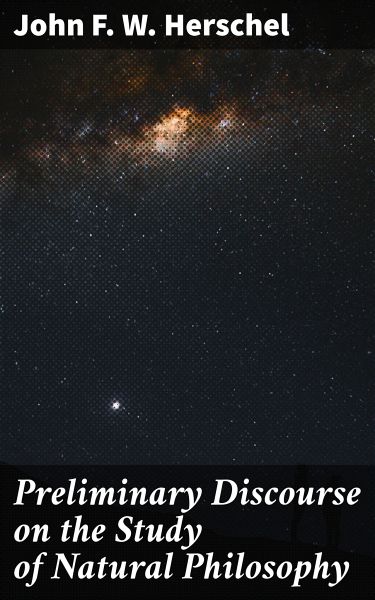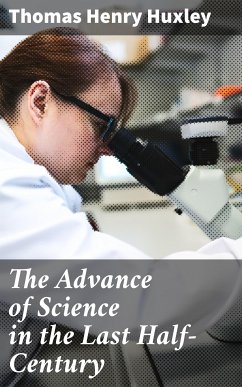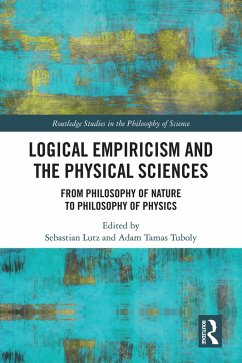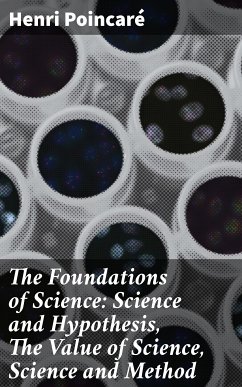
Preliminary Discourse on the Study of Natural Philosophy (eBook, ePUB)
Enriched edition. Exploring the Science of the Natural World
Kommentar: Somerville, Felicity / Redaktion: Good Press
Versandkostenfrei!
Sofort per Download lieferbar
1,99 €
inkl. MwSt.
Weitere Ausgaben:

PAYBACK Punkte
0 °P sammeln!
In "Preliminary Discourse on the Study of Natural Philosophy," John F. W. Herschel eloquently explores the principles and significance of natural philosophy, laying the groundwork for modern scientific inquiry. The book is not only a compendium of knowledge regarding the natural sciences but also a reflective analysis of their epistemological foundations. Herschel's literary style is marked by clarity and precision, employing an accessible tone that invites both scholars and lay readers to grasp complex ideas. His discourse situates itself within the Romantic era's scientific milieu, where emp...
In "Preliminary Discourse on the Study of Natural Philosophy," John F. W. Herschel eloquently explores the principles and significance of natural philosophy, laying the groundwork for modern scientific inquiry. The book is not only a compendium of knowledge regarding the natural sciences but also a reflective analysis of their epistemological foundations. Herschel's literary style is marked by clarity and precision, employing an accessible tone that invites both scholars and lay readers to grasp complex ideas. His discourse situates itself within the Romantic era's scientific milieu, where empirical observation began to intertwine with philosophical contemplation, thus encouraging a holistic approach to understanding the natural world. John F. W. Herschel was a polymath whose contributions spanned astronomy, mathematics, and philosophy, deeply influencing the scientific landscape of the 19th century. His extensive background, having trained under the tutelage of esteemed figures such as Sir William Herschel, instilled in him a commitment to empirical rigor and a belief in the unity of scientific inquiry. Through his personal intellectual evolution, Herschel recognized the urgent need for a systematic approach to natural philosophy, motivating him to articulate his vision in this groundbreaking work. This book is highly recommended for anyone interested in the historical underpinnings of modern science, as it provides insight into the philosophical debates that shaped scientific thought. Herschel's blend of empirical analysis and philosophical inquiry makes it essential reading for students of the sciences, history, and philosophy alike. In this enriched edition, we have carefully created added value for your reading experience: - A succinct Introduction situates the work's timeless appeal and themes. - The Synopsis outlines the central plot, highlighting key developments without spoiling critical twists. - A detailed Historical Context immerses you in the era's events and influences that shaped the writing. - An Author Biography reveals milestones in the author's life, illuminating the personal insights behind the text. - A thorough Analysis dissects symbols, motifs, and character arcs to unearth underlying meanings. - Reflection questions prompt you to engage personally with the work's messages, connecting them to modern life. - Hand-picked Memorable Quotes shine a spotlight on moments of literary brilliance. - Interactive footnotes clarify unusual references, historical allusions, and archaic phrases for an effortless, more informed read.
Dieser Download kann aus rechtlichen Gründen nur mit Rechnungsadresse in A, B, BG, CY, CZ, D, DK, EW, E, FIN, F, GR, H, IRL, I, LT, L, LR, M, NL, PL, P, R, S, SLO, SK ausgeliefert werden.













